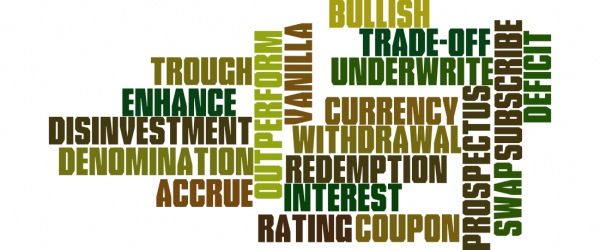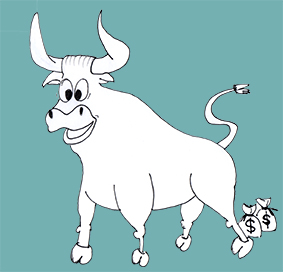Analysts have been saying they expect “expect emerging markets to outperform in 2020” so what does that mean? Well, I’m sure you understand the meaning of “to perform” which is to accomplish something or obtain results. The prefix (i.e. the bit you put in front of a word) OUT has a sense here of doing something comparatively better than others. So, putting the two meanings together, to outperform logically means to get better results or to do something better than others have done. In other words, some analysts think emerging markets will obtain better economic results than other developed markets.
If you have every tried to buy anything on eBay then maybe you have felt frustrated because someone “outbid” you – in other words, you offered let’s say €1,500 for a second hand scooter but someone else placed a higher bid, or offer, of €1,550 and so bought it instead of you.
Once you have grasped (or understood) the concept of OUT then you can appreciate the meaning of the sentence ” although Thiem’s performance in the Australian Open final was impressive he was eventually outplayed by Nadal.”
In future we’ll be looking at other prefixes that give extra sense to the meaning of a base word, but for the moment I’m off as I’ve “outstayed my welcome”.



